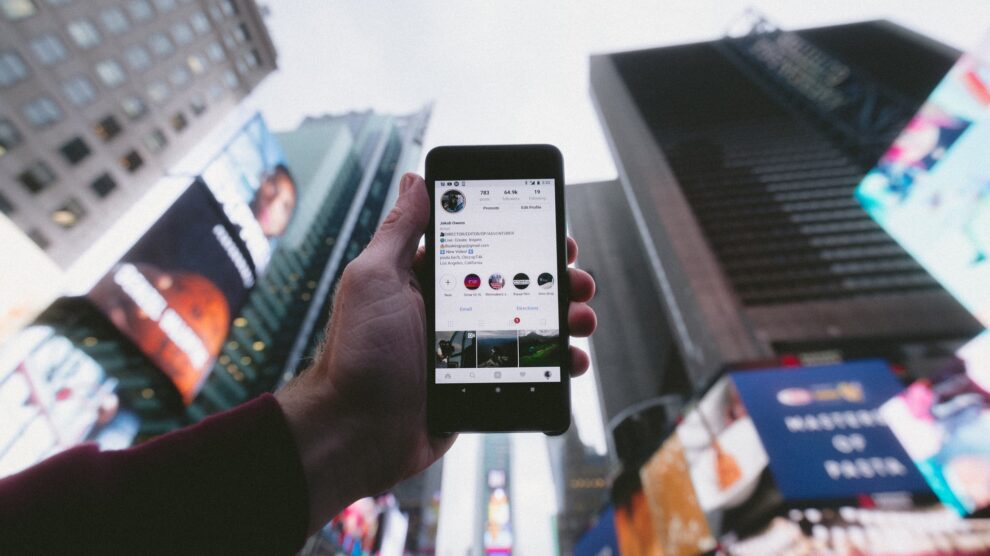The strong presence of Chinese companies sponsoring international sporting events has galvanised audiences worldwide – a trend that experts predict will accelerate as brands expand their ambitions to become global.
A new wave of Chinese technology companies are rushing to sell their shares in IPOs, and a list has caught the interest of three of greater China’s wealthiest people. Hire China, a big money-making company, shows that leading Chinese technology companies are reluctant to advertise political ties or promote their relations to the ruling communist party, which could lead to problems with the authorities. The party has helped internet companies grow and shut down U.S. platforms such as Facebook (FB) and Google.
According to Dealogic, 26 Chinese technology companies have offered to sell $85 billion in new shares this year, equivalent to 9% of the global IPO volume. That includes phone maker Xiaomi, who is seeking to raise $61 billion through a sale of shares in Hong Kong to become the biggest IPO in the world in the past two years.
Chinese payments platform giant Alipay has signed an eight-year deal to sponsor all UEFA domestic football tournaments from 2018 to 2026, including euro 2020, Euro 2024 and the final of the UEFA nations league. The deal is worth 200 million euros, according to sources quoted by the financial times, and involves the company becoming UEFA’s official global payment partner. The four Chinese companies Alipay, Hisense, TikTok and Vivo, which are euro 2020 sponsors, make up a third of the official sponsors, making china the biggest sponsor of the tournament.
Beijing is increasingly concerned about the size and power of Chinese technology companies, which are rising to become the largest in the world without regulation. Between 2015 and 2016, the number of brands operating in the Chinese sports industry increased by 217%, and the number of workers soared to 4.4 million. Big brands like Nike and Adidas are leading the way, beating big Chinese brands like Anta, Lining and Xtep.
NFL China chief executive Richard Young expects games to be held in China at some point in the future. An estimated 900,000 Chinese fans watch NFL games each year, although the sport is not played at the highest level in North America. The change in its most popular spectator sport, driven by western influence and the growth of international sporting events, offers enormous opportunities for sports brands.
Although the country has yet to qualify for a single FIFA world cup, in which it lost all three group games, growing support for football could lead China to succeed in future tournaments. “Europe is becoming an increasingly important market for Chinese companies,” he said, referring to the TikTok explosion in 2020. Since his visit to Berlin in 2017, he has enjoyed youth football games in China and Germany. However, for brands to sell successfully outside China, it is essential that they understand Chinese consumer culture, technology and much more.
Companies like Alibaba, Tencent and Baidu have long prided themselves as Chinese success stories and companies competing with their western rivals, but suddenly they are the public enemy number one. However, China’s plan appears to be working, as more than 30 Chinese technology companies have pledged allegiance to Beijing this month.
TikTok, which claims its global platform should remain separate from its Chinese operations, has teamed up with tournament organisers for the UEFA tournament and compiled tons of advertising efforts on their platform, including branding, augmented reality effects and its live hashtag challenge. Unfortunately, the party that snoops on its citizens wants companies to become trackers, while the party that ruins international law wants them to abide by rules.





